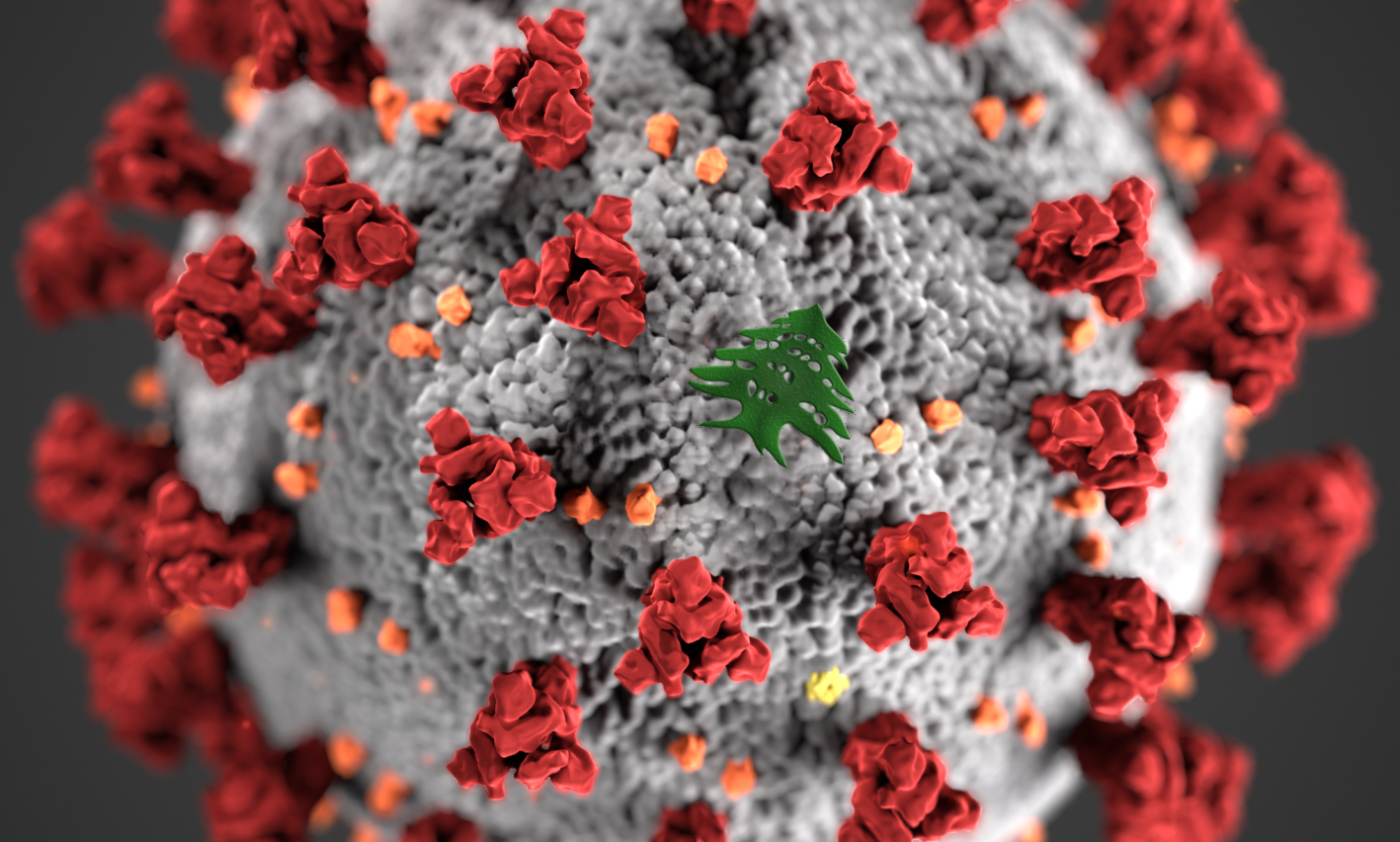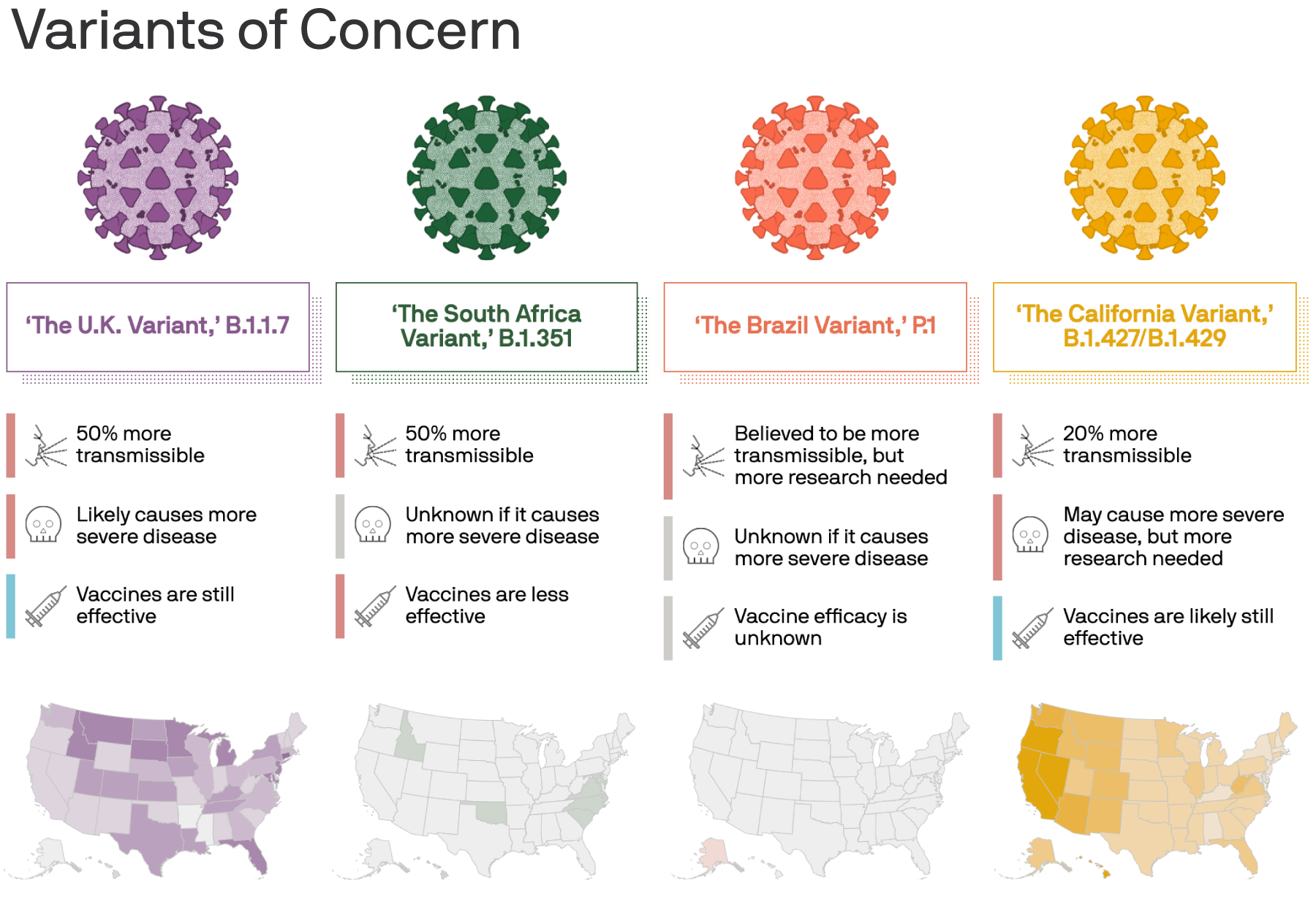Covid Variant Overview

The Covid variant is a new strain of the SARS-CoV-2 virus that has been identified in several countries around the world. The variant is characterized by a number of mutations that make it more transmissible and potentially more deadly than the original strain of the virus.
As the world grapples with the challenges of the new COVID variant, it’s important to remember that life goes on. For many, this means finding joy and inspiration in activities like USA soccer. The resilience and determination displayed by these athletes serve as a reminder that even in the face of adversity, we can find ways to persevere.
And as we navigate the ongoing pandemic, let us draw strength from the spirit of sportsmanship and community that unites us.
The Covid variant was first identified in the United Kingdom in December 2020. It has since spread to other countries, including the United States, Canada, and South Africa. The variant is now the dominant strain of the virus in many countries, and it is responsible for a significant increase in the number of cases and deaths.
The relentless onslaught of the COVID-19 pandemic continues to challenge healthcare systems worldwide, with new variants emerging and spreading with alarming speed. Amidst this global health crisis, football enthusiasts find solace in the camaraderie and passion of the beautiful game.
One team that has captured the hearts of fans across the globe is Argentina FC , whose thrilling matches and unwavering determination have provided a beacon of hope and unity during these trying times. As the pandemic rages on, we can draw inspiration from the resilience and unwavering spirit of both the medical community and the footballing world.
Key Differences, Covid variant
The Covid variant is more transmissible than the original strain of the virus. This means that it is more likely to spread from person to person. The variant is also more likely to cause severe illness and death.
The emergence of new COVID variants has sparked global concern, particularly in countries like the USA and Brazil, which have witnessed significant surges in cases. USA vs Brazil data reveals that both nations have grappled with challenges in containing the virus, leading to disparities in vaccination rates and healthcare systems.
As the pandemic continues to evolve, the impact of these variants on global health remains a pressing issue.
Potential Impact
The Covid variant is a major threat to public health. The variant is more transmissible and more deadly than the original strain of the virus, and it is spreading rapidly around the world. The variant is also likely to have a significant impact on the economy. The variant is causing businesses to close and people to lose their jobs. The variant is also likely to lead to a decrease in tourism and travel.
As the covid variant continues to spread, its impact on the copa america is still uncertain. The tournament is scheduled to be held in Brazil, a country that has been hit hard by the virus. If the tournament does go ahead, it is likely to be played in empty stadiums, which would be a huge disappointment for fans.
Covid Variant Detection and Monitoring

The emergence of Covid variants has necessitated the development of effective methods for their detection and monitoring. Early identification and tracking of these variants are crucial for implementing appropriate containment measures and mitigating their potential impact on public health.
Methods for Covid Variant Detection
Several methods are employed to detect Covid variants, including:
- Viral Sequencing: This involves analyzing the genetic material of the virus to identify specific mutations or changes that distinguish variants from the original strain.
- PCR Testing with Variant-Specific Primers: PCR tests can be designed to target specific mutations or regions of the virus’s genome, allowing for the identification of known variants.
- Antigen Tests with Variant-Specific Antibodies: Antigen tests use antibodies to detect the presence of viral proteins. Variant-specific antibodies can be developed to target specific mutations, enabling the detection of specific variants.
Importance of Early Detection and Monitoring
Early detection and monitoring of Covid variants are critical for several reasons:
- Tracking the Spread: Identifying variants early allows health authorities to track their spread and monitor their potential impact on different regions or populations.
- Evaluating Vaccine Effectiveness: Monitoring variants helps assess the effectiveness of existing vaccines against new strains, informing vaccination strategies and the development of updated vaccines.
- Informing Public Health Measures: Early detection enables timely implementation of public health measures, such as travel restrictions, mask mandates, or social distancing guidelines, to contain the spread of variants.
Challenges and Limitations
Despite the importance of Covid variant detection and monitoring, there are certain challenges and limitations:
- Cost and Resources: Viral sequencing and other detection methods can be expensive and resource-intensive, especially in low-income or developing countries.
- Time Constraints: The time required for variant detection can vary, and delays can hinder timely response and containment measures.
- Emergence of New Variants: The rapid evolution of the virus can lead to the emergence of new variants that may not be detected by existing methods.
Covid Variant Management and Mitigation
Managing and mitigating the Covid variant requires a comprehensive approach that involves multiple strategies, including vaccines, testing, and social distancing. These measures aim to control the spread of the variant, reduce its impact on individuals and communities, and prevent the emergence of new variants.
Vaccines
Vaccines are a crucial tool in managing and mitigating the Covid variant. They provide protection against severe illness, hospitalization, and death. Vaccines work by stimulating the immune system to recognize and respond to the virus, preventing it from causing serious harm. Vaccination programs have been implemented worldwide to reduce the impact of the Covid variant and protect vulnerable populations.
Testing
Testing plays a vital role in identifying and isolating individuals infected with the Covid variant. Rapid and accurate testing methods, such as PCR and antigen tests, allow for early detection of the virus and timely implementation of isolation measures. Testing also helps identify asymptomatic carriers who may unknowingly spread the virus, enabling targeted interventions to prevent further transmission.
Social Distancing
Social distancing measures, such as maintaining physical distance, avoiding large gatherings, and wearing face masks, are effective in reducing the spread of the Covid variant. By limiting close contact between individuals, these measures reduce the likelihood of transmission and help slow down the spread of the virus. Social distancing is particularly important in indoor settings and areas with poor ventilation.
Challenges and Opportunities
Effective Covid variant management and mitigation face several challenges. These include the emergence of new variants, vaccine hesitancy, and the impact on healthcare systems. However, there are also opportunities for improving variant management, such as ongoing research and development of vaccines and treatments, increased testing capacity, and enhanced public health surveillance.
The emergence of new COVID variants has raised concerns globally. In méxico brasil , the spread of these variants has led to a surge in cases. However, ongoing research and vaccination efforts offer hope in combating the pandemic and its evolving threats.
